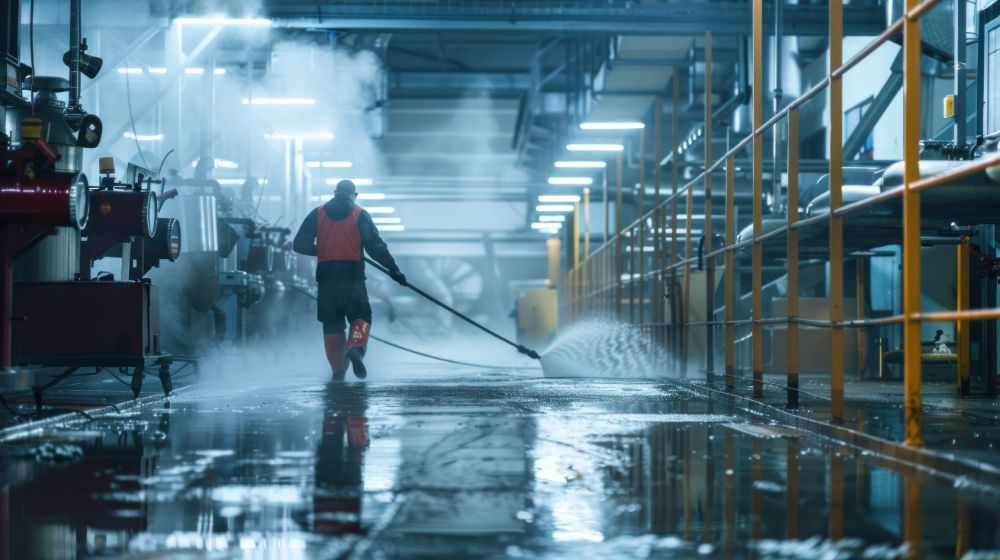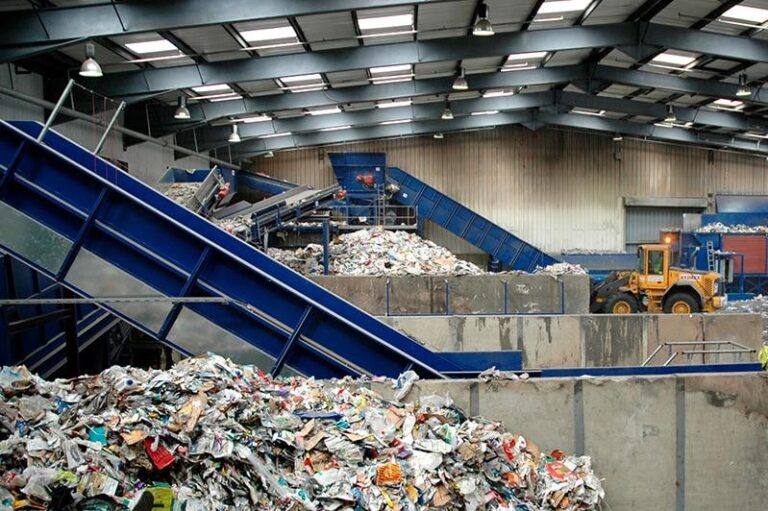Maintaining clean factory floors is crucial for ensuring safety, efficiency, and a professional environment. Many industries rely on factory cleaning services to keep their spaces pristine. With constant foot traffic, machinery movement, and production waste, factory floors endure more wear and tear than typical commercial spaces. This means cleaning requires a strategic approach.
Understanding the Importance of Clean Factory Floors
Clean floors in factories are not just about appearances. They play a major role in preventing accidents like slips and falls. Dirty surfaces can cause machinery to malfunction or slow down production. Regular cleaning also extends the lifespan of floor materials, saving businesses costly repairs.
In sectors like food production, hygiene regulations are strict. Poor maintenance can even lead to fines or shutdowns. Thus, keeping factory floors spotless supports both compliance and operational excellence.
Preparing for the Cleaning Process
Before diving into the actual cleaning, preparation is essential. Removing movable equipment and clearing debris helps create an unobstructed area. This preparation ensures that no corner is overlooked during the cleaning process.
Choosing the right supplies and methods is equally important. Not every cleaner works for every type of factory floor. For instance, concrete surfaces may need different care compared to epoxy-coated floors.
Choosing the Right Cleaning Method
Factories come with different flooring materials, and each demands specific care. Wet mopping works for light dirt but is not ideal for heavy grime. High-pressure washing can eliminate stubborn stains on durable surfaces like concrete.
Scrubbing machines are excellent for larger areas. They distribute water and cleaning solution evenly while removing dirt in one pass. In spaces where hygiene is critical, steam cleaning is a great method. It sanitizes without the need for chemicals, offering an eco-friendly solution.
Using the Right Cleaning Agents
Using appropriate cleaning agents makes a significant difference. Factories dealing with oils, for example, require degreasers to cut through slick residues. Meanwhile, industries like pharmaceuticals need sanitizing agents that are strong but safe.
Eco-friendly cleaners have also gained popularity. They not only protect workers from harsh chemicals but also support environmental initiatives.
Safety Measures During Cleaning
Safety is the first priority during any cleaning activity. It is crucial to use wet floor signs to prevent accidents. Workers should wear non-slip footwear and protective gear if strong chemicals are involved.
Equipment should be properly maintained to avoid malfunctions that could lead to injury. In some cases, it’s wise to schedule cleaning during off-hours when fewer people are present.
Frequency of Cleaning Matters
One-time deep cleans are important, but maintaining factory floors requires a regular schedule. Daily sweeping, weekly scrubbing, and monthly deep cleans keep dirt from building up.
Factories operating in dusty environments might need more frequent attention. On the other hand, low-traffic factories can stretch intervals a bit longer.
Specialized Cleaning Services
Certain factories, such as chemical plants or food processing units, need specialized services. In these environments, using professional help ensures compliance with industry-specific standards.
Expert teams understand the unique challenges of factory cleaning. They come equipped with the right tools and training to handle even the toughest tasks efficiently.
Importance of Tailored Cleaning Plans
Every factory has unique needs depending on its size, industry, and type of production. A one-size-fits-all approach rarely delivers the best results. Customized cleaning plans take into account the specific challenges of each facility, such as heavy machinery, hazardous materials, or delicate surfaces. By designing a cleaning strategy that fits the environment, it becomes easier to maintain a spotless and safe workspace without unnecessary disruption to daily operations.
Benefits of Professional Factory Cleaning
Professional cleaning services offer several benefits. They free up internal resources, letting employees focus on production instead of maintenance.
Additionally, professional teams complete the task faster and more thoroughly than in-house efforts. Their expertise can even uncover hidden problems like floor cracks or chemical spills early on.
Common Mistakes to Avoid
Even with the best intentions, mistakes during cleaning can cause more harm than good. Using the wrong chemicals can damage flooring, while ignoring regular maintenance allows grime to build up over time. Another common error is neglecting to properly dry the floor, which can create slip hazards. Ensuring thorough training and choosing experienced support helps avoid these pitfalls and keeps factory environments safe and efficient.
Eco-Friendly Practices in Factory Cleaning
Sustainability has become a major focus in all industries, and factory cleaning is no exception. Using biodegradable cleaners, conserving water during washing, and recycling waste materials are key practices. Eco-friendly methods not only protect the environment but also create a healthier workspace for employees. Many companies are now choosing cleaning partners who prioritize green solutions to align with their corporate responsibility goals.
Final Thoughts
Keeping factory floors clean is not just about visual appeal. It directly impacts safety, productivity, and compliance. From using the right machines to choosing effective cleaning agents, every step matters. Working with specialized teams also ensures the best outcomes.
When considering ways to improve cleanliness and safety, turning to reliable factory cleaning services can make all the difference. If you are ready to see the difference that professional floor care can make, now is the perfect time to take action and explore expert cleaning options.




